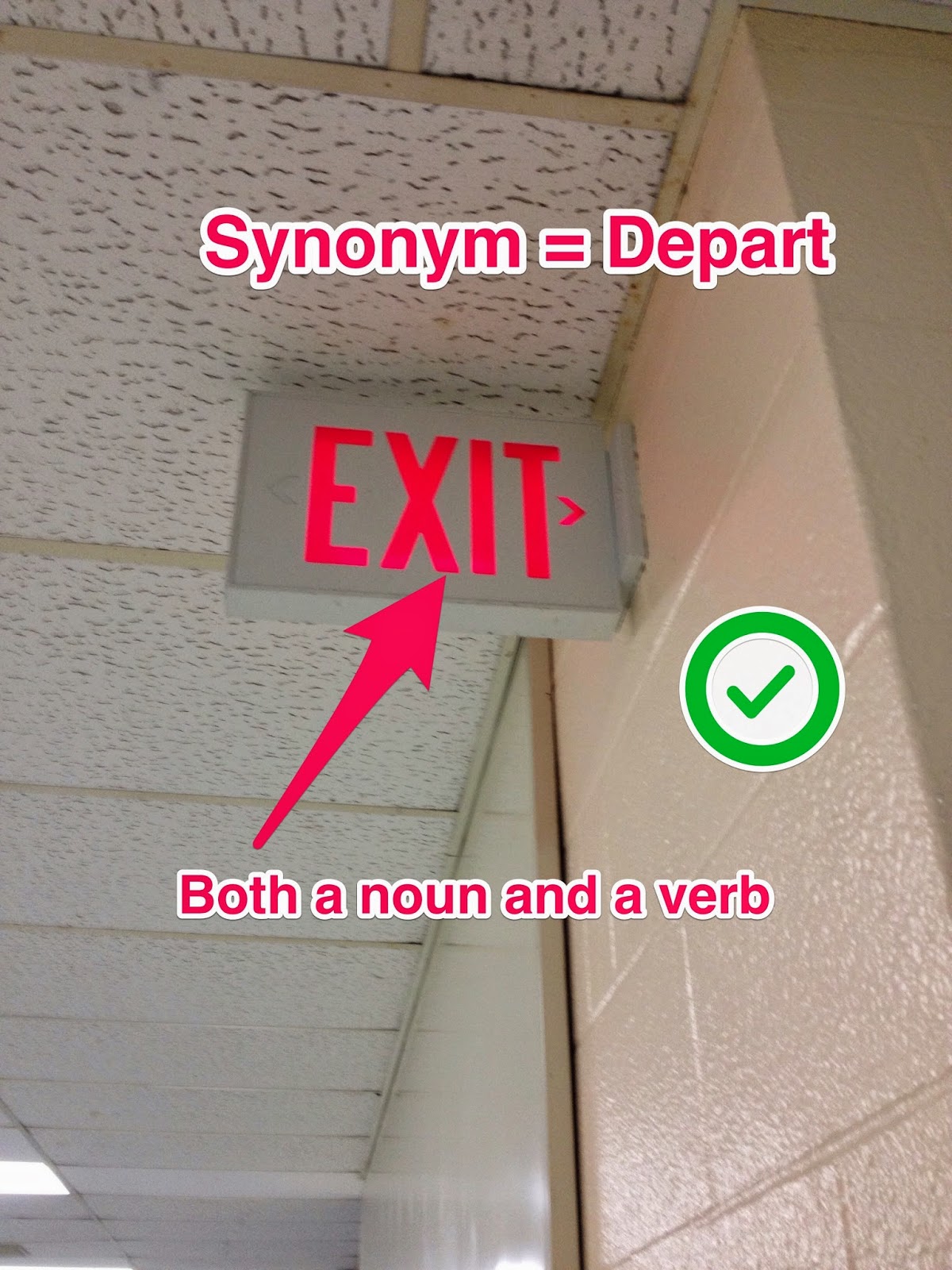Our most recent session (March 22) was looking at ways to redefine student learning with technology. In particular, we were trying to reach the ever-elusive upper levels of the SAMR model.
The
SAMR (Substitution, Augmentation, Modification and Redefinition) model, developed by Dr. Ruben Puentedura, is a spectrum of sorts, demonstrating how we can use technology in an educational setting. The spectrum begins with direct substitution (instead of looking at a hardcover textbook, one could look at an e-book of the same text), and finishes with a complete redefinition of the learning environment - having students
create their resources and
communicate their learning with the world.
Our guide for the morning was Neil Finney (
@igniteincite), a teacher from the Simcoe County District School Board who has been very active in not only engaging students with technology, but also having them create new products, reaching out beyond the boundaries of the classroom.
After a quick introduction to SAMR using a grade 2 science example, we let Neil take over for the first hour. He introduced us to a great many tools - some familiar, like Skype, Twitter and Dropbox, others new to many of us, such as Screencast-o-matic, blogging tools and todaysmeet. There are so many ways we can help our students reach out to others outside of the classroom, and it was very inspirational to see examples in action.
One of the group's favourite example of student collaboration was how Neil had his senior elementary students plan an outdoors, Olympics-like event for the junior students. All of the planning and collaboration was done online with another group of students, however the product was anything but digital - it was all the events and activities for the younger children. What a great idea to meet the students where they are and engage them using technological tools, but end with a result of physically getting out of the classroom and involved in their community!
Neil also introduced us to an image of how students imagine the future of Ontario's education system (above). How can we use the tools available to us to help students get what they want out of their education?
The idea of screencasting also impressed us. Neil used this to have his students not only demonstrate their knowledge (of math, in particular), but also to practice their learning. One of our participants noted that having students literally talk their way through problem solving while their work was screencasted was not as "high stakes" as a test, and might help relieve student stress, while still having them complete higher-order thinking tasks.
After Neil's talk, we took the time to discuss whether we thought the idea of SAMR was a linear process (teachers new to using technology in class should start with substitution, and progress through augmentation and modification to redefinition), or whether a teacher could jump into the middle of the spectrum wherever they pleased.
 |
| Discussion around the table. |
...and then we jumped in wherever we pleased, trying new tools. One teacher took the time and created a class blog, whereas others played with pinboards like padlet, and screencasting tools. We were given a
handout to help us get started on where, in our own curricula, we could begin the SAMR process.
One of my personal favourite parts of these IGNITEd sessions is that we have the time to discuss what we've learned from our guest, and actually start to implement some of these ideas into where we are in the classroom. Thank you, Neil, for your inspiration and for documenting some of the amazing things you and your students are doing to redefine the learning process, and then sharing them with us!



















